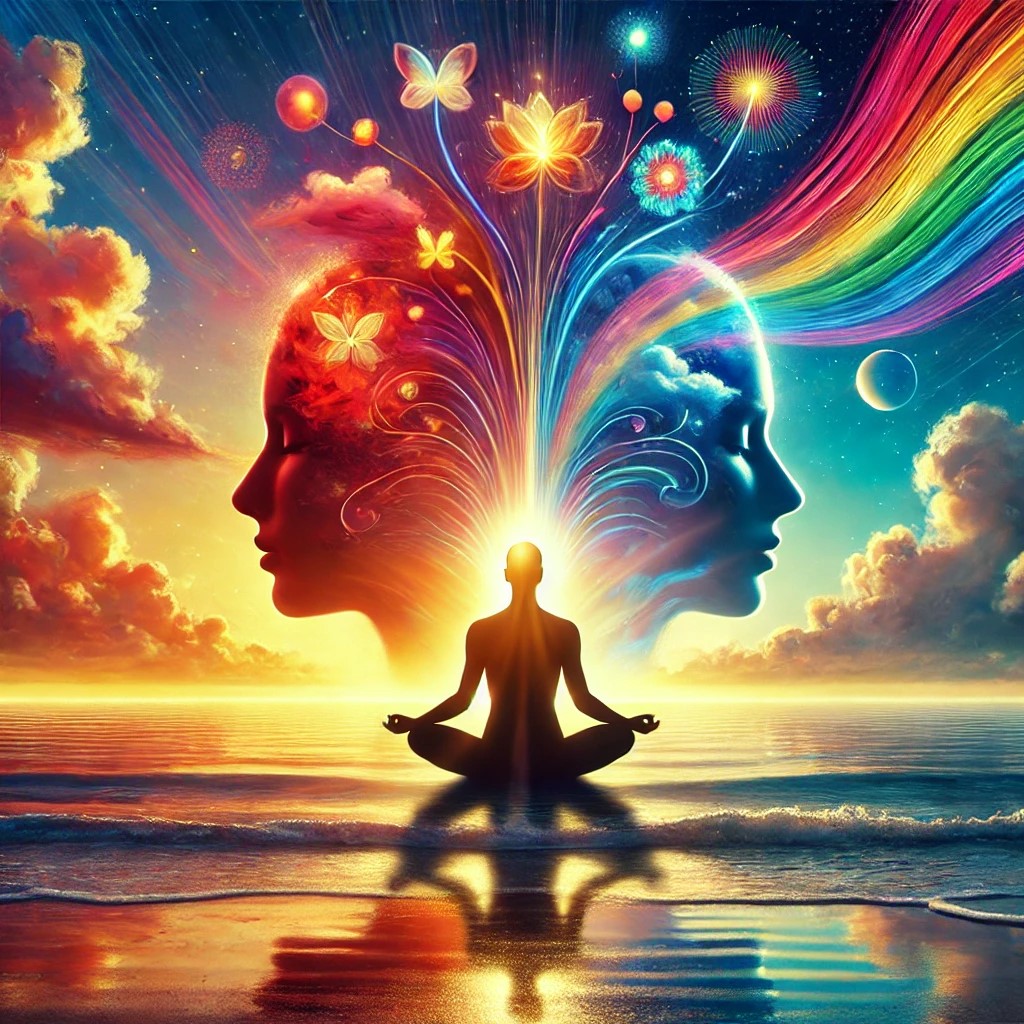
🎶 “None but ourselves can free our minds.”
Picture: No copyright markings on the photo https://commons.wikimedia.org/wiki/File:Bob_Marley_1976_press_photo.jpg?uselang=en
Author: photo by Dennis Morris
Today, dedicate some time to reflect on your mental state. Engage in activities that promote mindfulness, such as meditation, journaling, or simply spending time in nature. By freeing your mind from worries and stress, you open up space for creativity, peace, and growth. Remember, the power to free your mind lies within you. Embrace this inner strength and let your spirit soar. 🌿✨
Additionally, surround yourself with positive influences and seek out knowledge that broadens your perspective. Empower yourself to break free from mental constraints and embrace the endless possibilities that come with a liberated mind. Your journey to mental freedom starts now. 🌈💖
Bob Marley, born Robert Nesta Marley on February 6, 1945, in Nine Mile, Saint Ann Parish, Jamaica, was a legendary singer, songwriter, and musician who became an international icon of reggae music. Marley is celebrated not only for his influential music but also for his messages of peace, love, and social justice.
Marley’s early life was marked by poverty and hardship. He moved to Kingston’s Trenchtown neighborhood, where he began his musical career. In the early 1960s, Marley formed the group the Wailers with Peter Tosh and Bunny Wailer. They initially found success in Jamaica, blending ska and rocksteady music with socially conscious lyrics.
In the 1970s, Marley and the Wailers transitioned to reggae, a genre that would bring them international acclaim. Their breakthrough album, “Catch a Fire” (1973), was followed by a string of successful albums, including “Burnin'” (1973), “Rastaman Vibration” (1976), “Exodus” (1977), and “Kaya” (1978). Songs like “No Woman, No Cry,” “One Love,” “Buffalo Soldier,” “Redemption Song,” and “Three Little Birds” became anthems for peace and resistance.
Marley’s music was deeply influenced by his Rastafarian beliefs, which emphasized spiritual and social unity, resistance to oppression, and a connection to African heritage. His lyrics often addressed political and social issues, calling for change and highlighting the struggles of the marginalized and oppressed.
Bob Marley survived an assassination attempt in 1976, which only strengthened his resolve to use his music as a force for social change. He continued to tour and produce music, spreading his message of “One Love” around the world.
Marley’s health began to decline in the late 1970s, and he was diagnosed with melanoma, a form of skin cancer, in 1977. Despite his illness, he continued to perform until his condition worsened. Bob Marley passed away on May 11, 1981, in Miami, Florida, at the age of 36.
Bob Marley’s legacy lives on through his timeless music, which continues to inspire millions worldwide. He is remembered not only as the king of reggae but also as a powerful voice for peace, love, and social justice. His contributions to music and his unwavering commitment to his beliefs have made him a cultural and musical icon whose influence transcends generations.